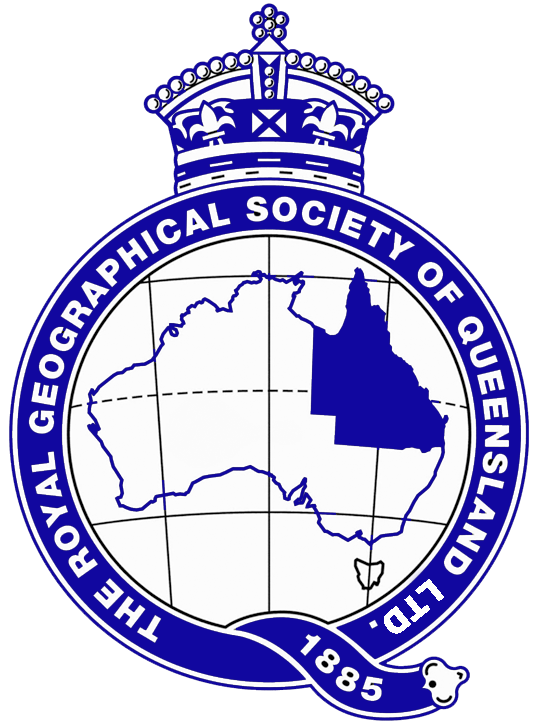Geography in Conversation

Severe Tropical Cyclone Alfred was a long-lived Coral Sea event that had a major impact over southeastern Queensland and northeastern New South Wales including widespread coastal erosion, damaging winds causing widespread power outages and some structural damage, and widespread heavy rainfall and associated flooding. More than 500 000 customers were without power over southeast Queensland and northeastern New South Wales with many remaining without power for multiple days. Power outages were generally attributed to the windy conditions, including trees or tree branches falling onto power lines. The slow passage of Alfred southwards parallel to the Queensland coast produced large easterly swell that impacted the coastline of southeast Queensland and northeastern New South Wales causing significant coastal erosion. It is estimated that millions of cubic metres of sand were scoured from beaches leaving escarpments up to 6 metres high in some dunes during the prolonged event. [BOM].
Speakers
Dr Michael Hewson, Rockhampton North Campus, CQ University
Dr Michael Hewson teaches environmental geography from the Rockhampton North campus of CQUniversity. Michael’s research spans the topics environmental policy, creative reflection, spatial analysis of the weather, and threatened species habitat health monitoring and mapping using satellite remote sensing. Michael' research projects involve applying GIS and satellite remote sensing to spatial analysis of Earth systems.
Dr Annie Lau, University of Queensland
Dr Annie Lau is a coastal geomorphologist specialising in analysing past occurrences of coastal hazards (e.g. storms and tsunamis) through sedimentary, geomorphological and historical records for assessing the future threat in coastal areas. She is particular interested in understanding the coastal impacts created by waves, and how long those imprints would preserve in the landscape.
Mr Reece Pianta
Reece is an experienced public policy campaigner in government and non-government roles. His work at the Invasive Species Council has helped secure funding and build community support for Australia’s fire ant eradication program. He was also involved in the early formation of Yellow Crazy Ant eradication efforts in the Townsville area. Visits to infestation areas in Cairns and Townsville and living in the Brisbane fire ant biosecurity zone left a deep appreciation of the mounting impacts that little invaders have on every aspect of life.
Each speaker will have 8 minutes to spotlight their work. During the Q&A forum the audience will have up to 60 minutes to ask questions of the experts on their research.
Light refreshments are served on arrival. This is a chance to network with colleagues and friends interested in this topic.
Please post your questions on notice to: questionsonnotice@gmail.com
Date: Tuesday 26 August 2025
Time: 5:30 pm light refreshments – doors open @ 5:15
6:00 – 6:30 pm Presentations
6:30 – 7:30 Q&A Forum
7:30 – 8:00 Mingling
Place: Gregory Place, Level 1, 28 Fortescue St. Spring Hill
Cost: $5.00 for refreshments, included in registration.
Cost: $5.00 Members
$10.00 Non-Members
Free Students
